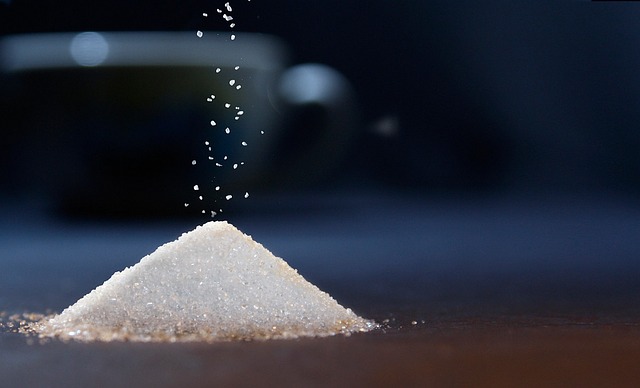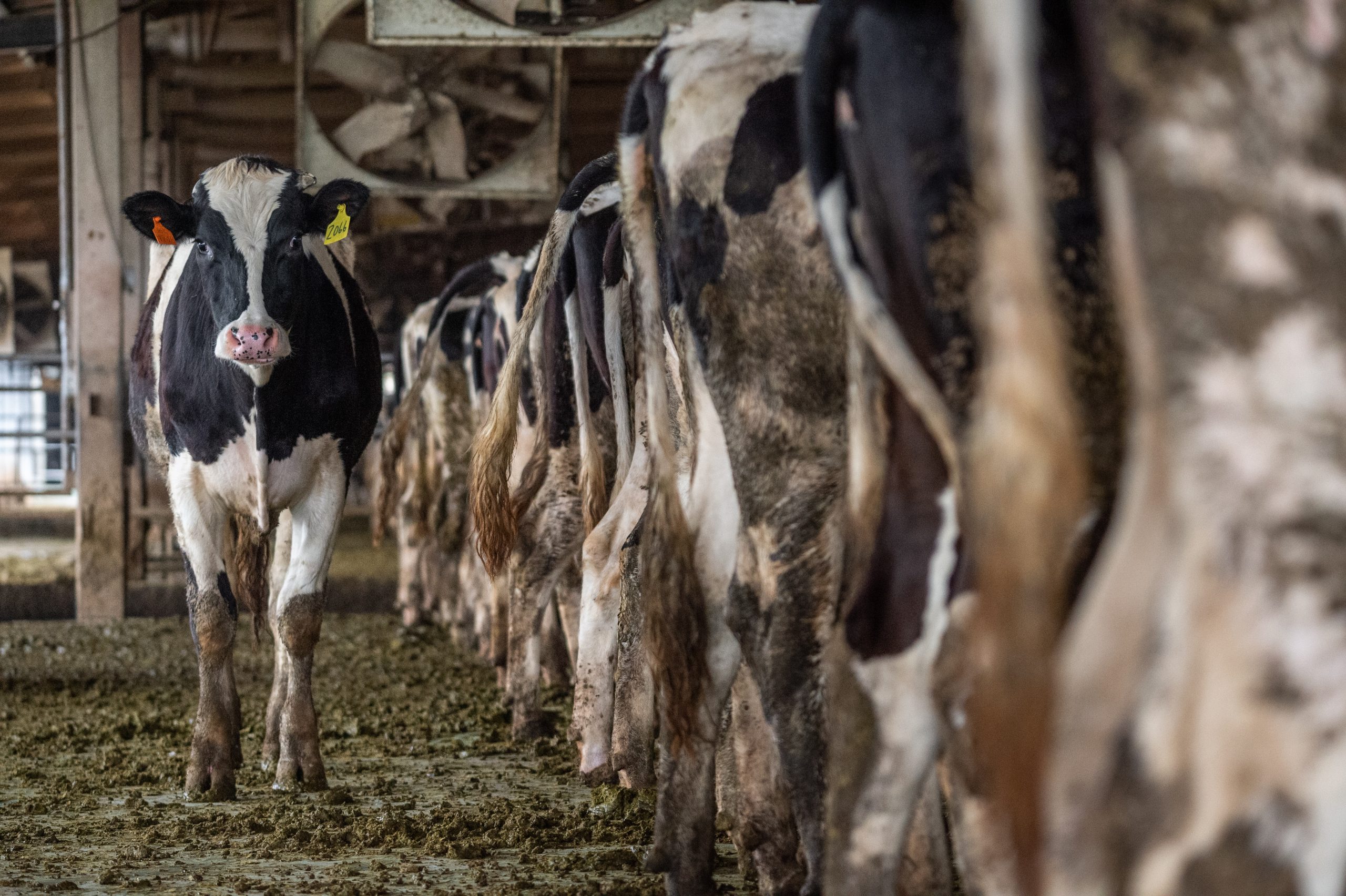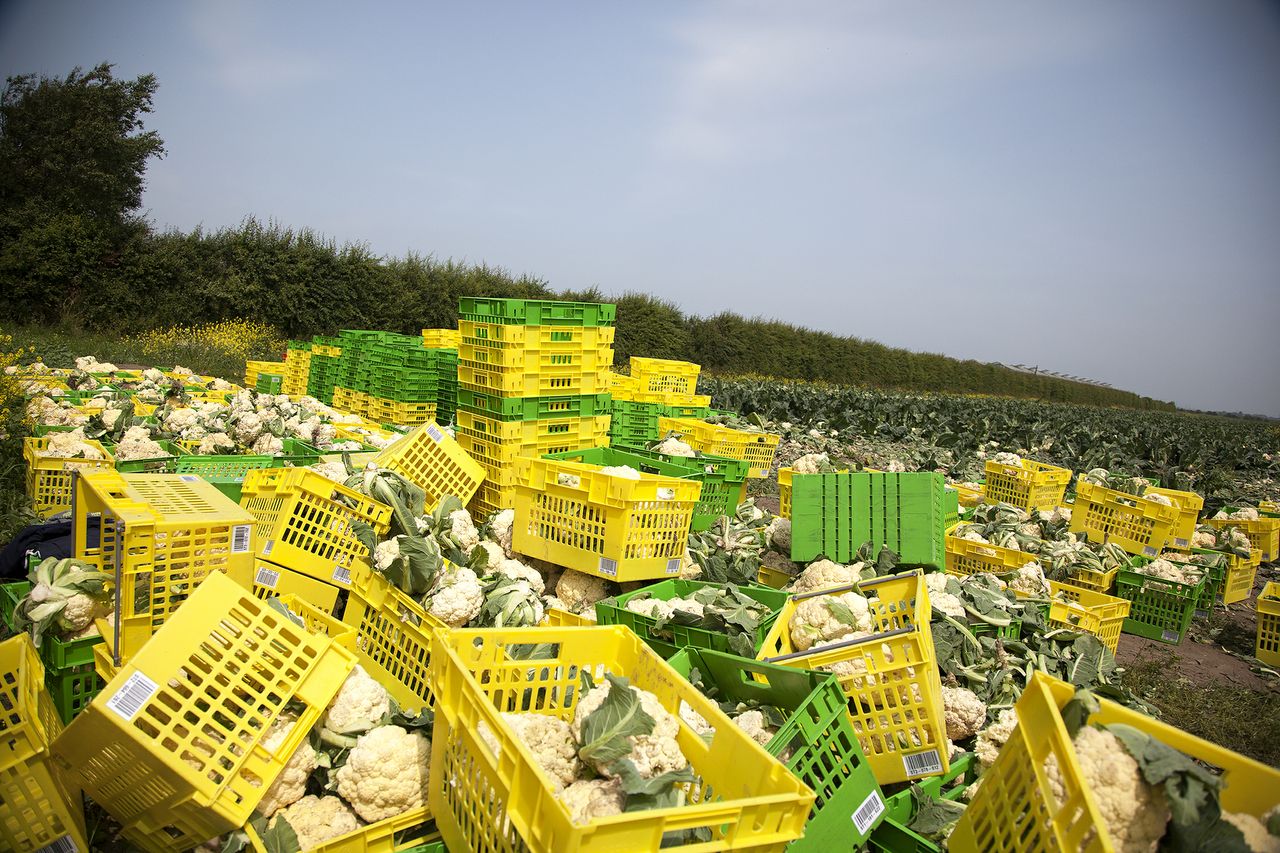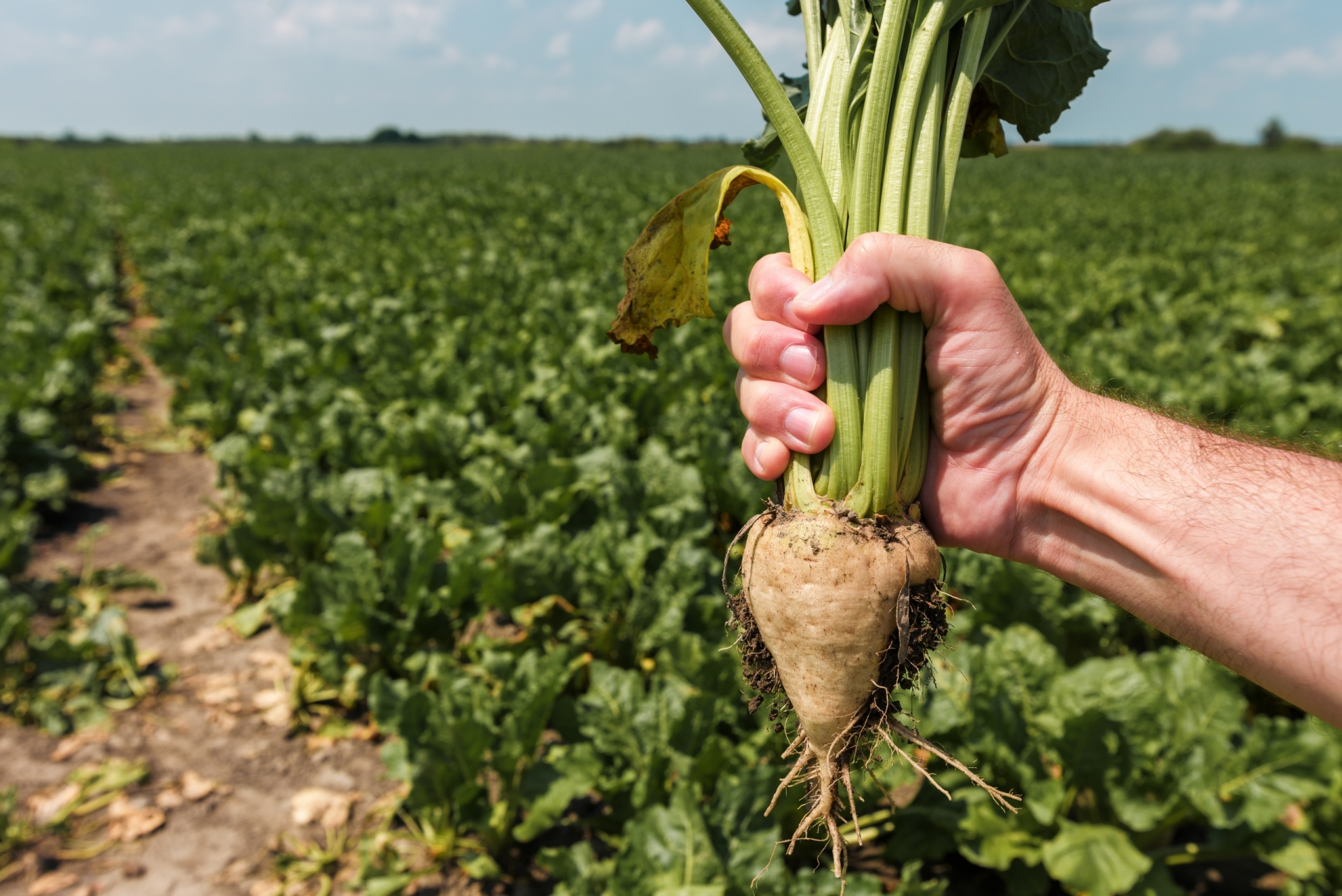
Still Butchering The Planet
The big-name financiers bankrolling livestock corporations and climate change – a 2024 update. In this report, we map global financial flows to the world’s 55 largest livestock corporations between 2015-2022 – and make the case for why banks and investors should stop financing these destructive and polluting companies.
Interested in digging deeper? Download the underlying dataset. We invite journalists, campaigners and activists to use this data to expose the flows of finance to big livestock companies – compiled through meticulous research by the Dutch not-for-profit Profundo from a range of financial databases, we’ve made this dataset public to help hold the financial backers of big livestock to account.
What can you do next?
Feedback never accepts donations from corporate organisations. To achieve our goal of a food system that nourishes us and the planet, we need your help.
DONATE WHAT YOU CAN NOWDo you believe everyone should have access to nutritious, delicious food - without trashing our planet in the process? Sign up to our mailing list to get the latest on our campaigns.
JOIN THE MAILING LISTFollow us on Facebook for updates on our campaigns and opportunities to get involved.
Get social



















